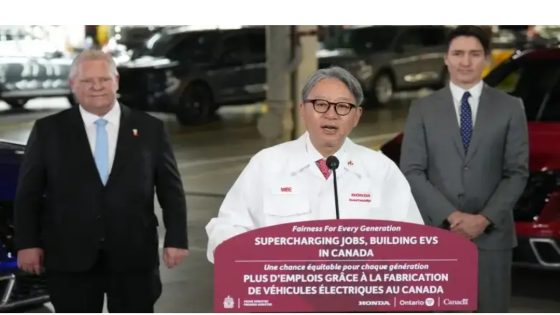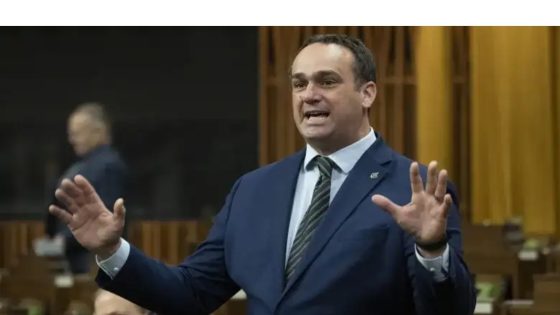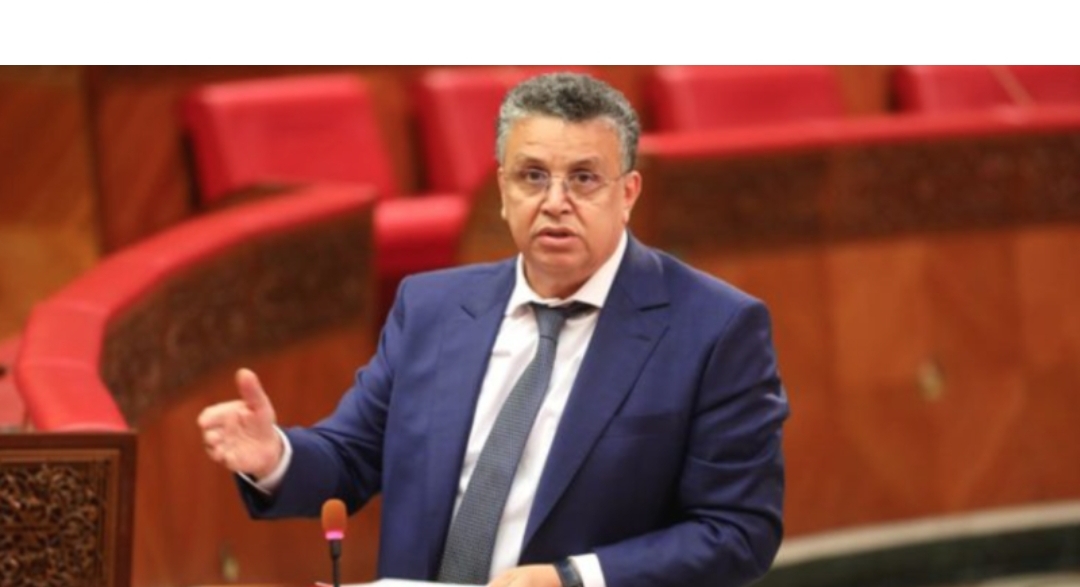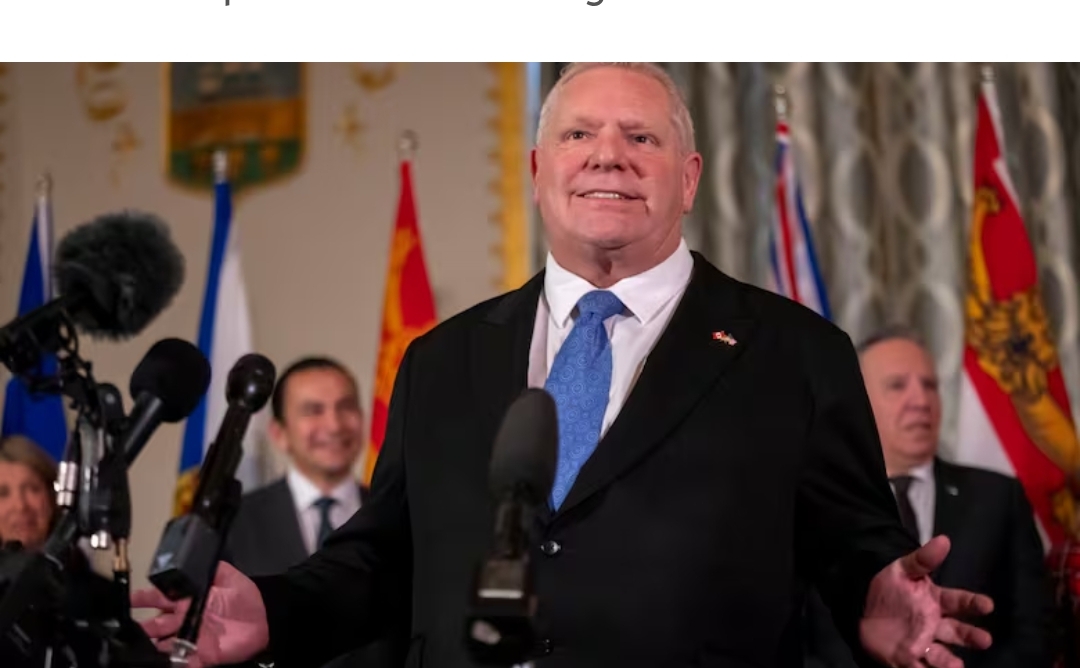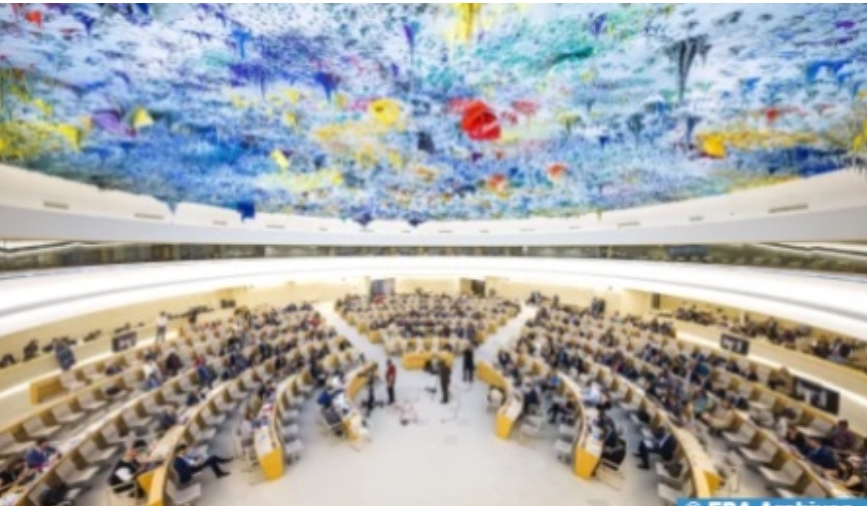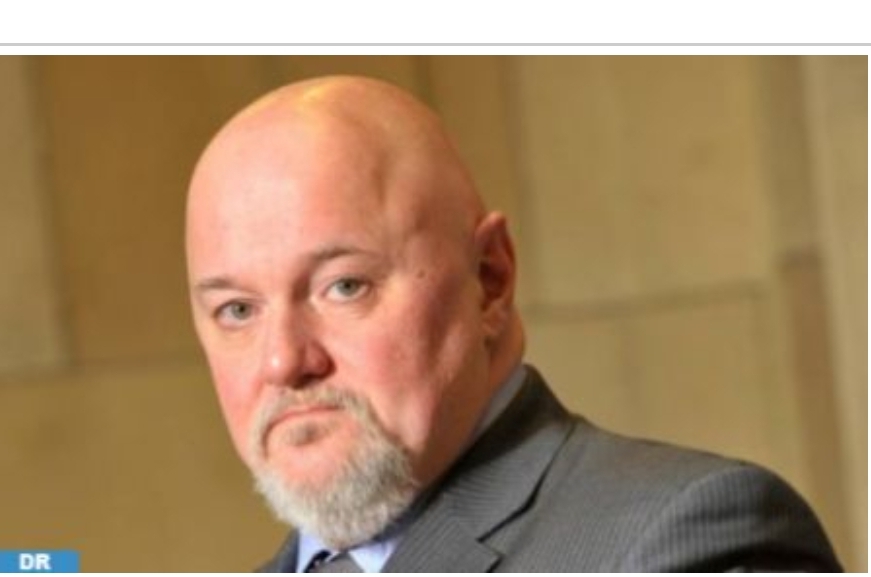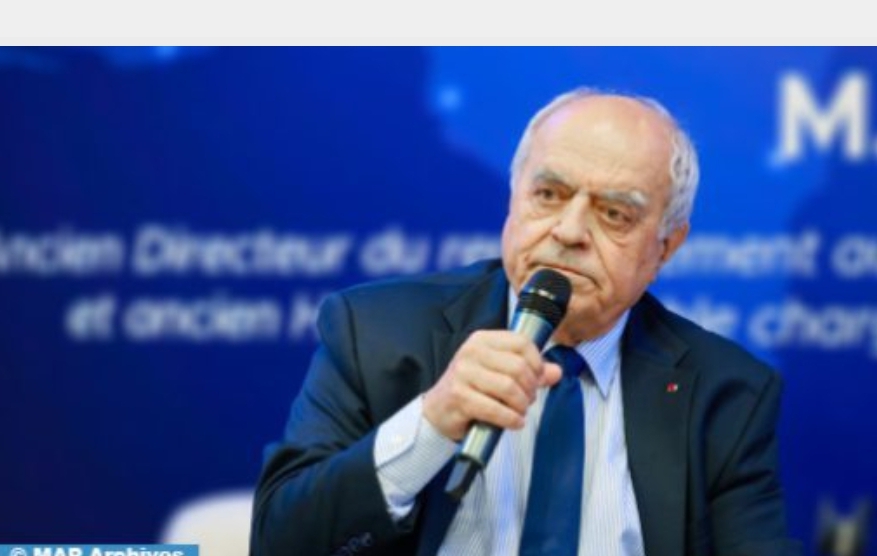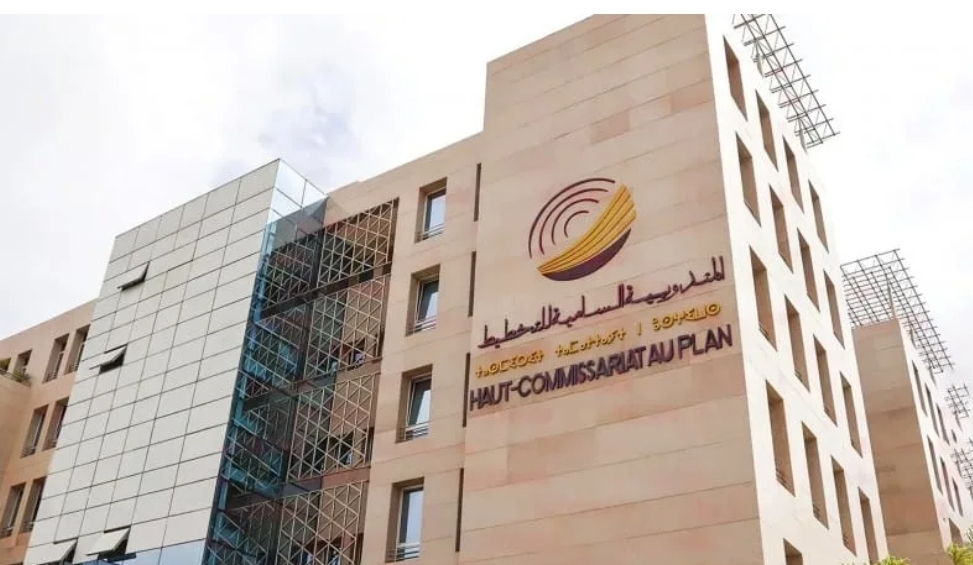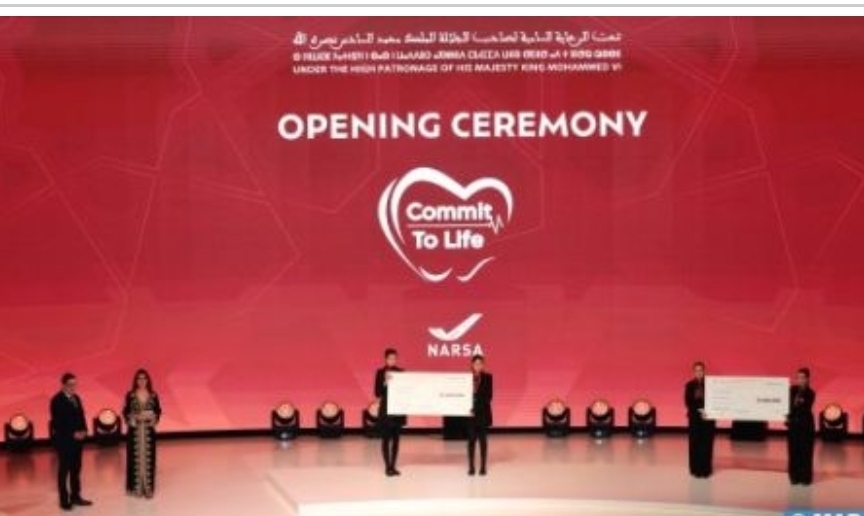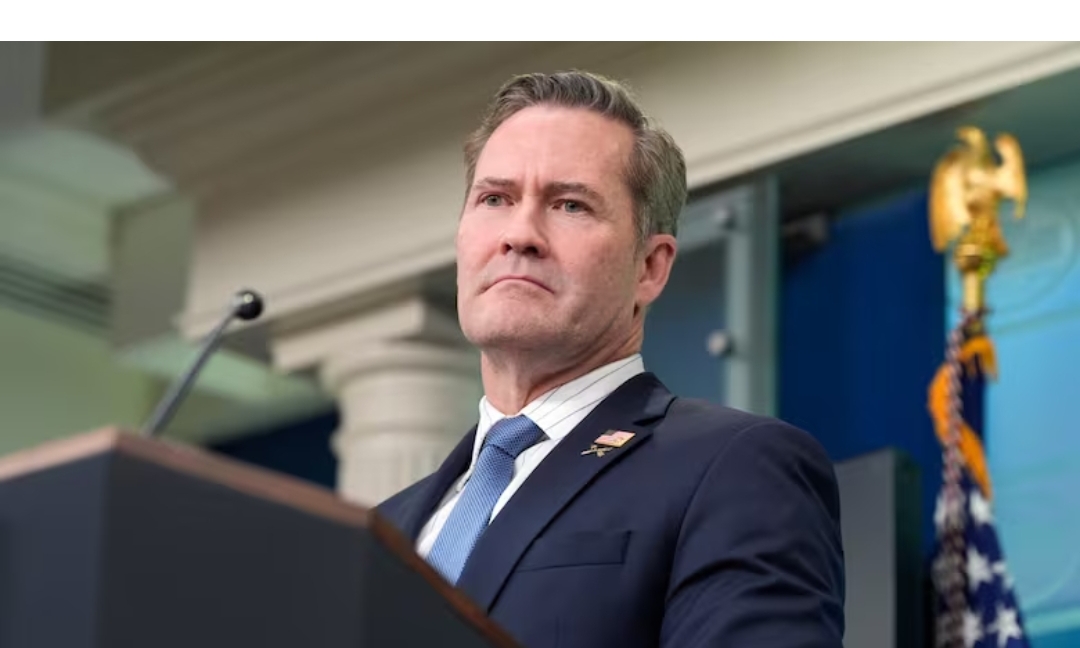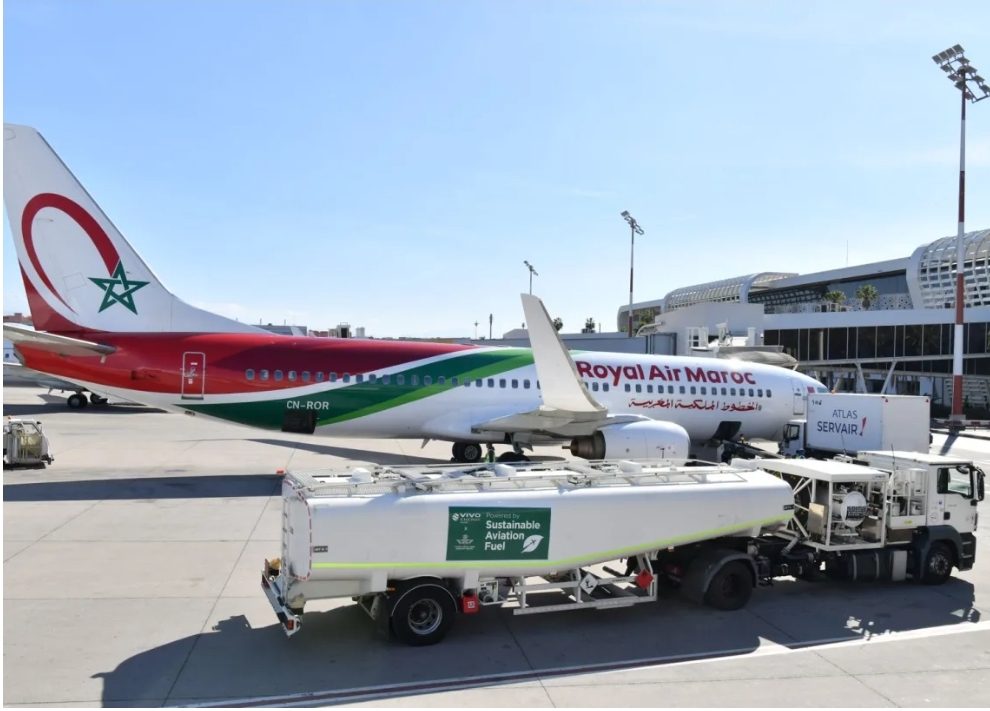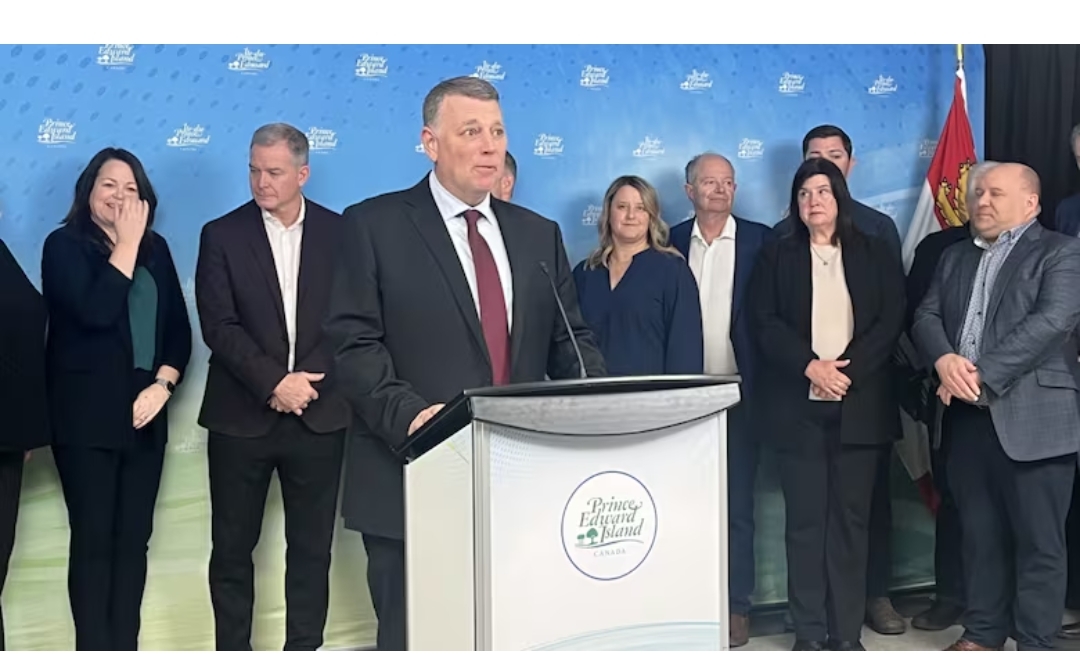Assahafa.com
Japanese automaker Honda will make a $15-billion electric vehicle investment in Ontario to build four new manufacturing plants in the province, Prime Minister Justin Trudeau and Ontario Premier Doug Ford announced Thursday.
According to a government statement released to media in advance of the announcement, the deal will result in “Canada’s first comprehensive electric vehicle supply chain.”
The deal includes the construction of Honda’s first electric vehicle assembly plant and a new stand-alone EV battery plant at Honda’s facility in Alliston, Ont.
“Honda will also build a cathode active material and precursor (CAM/pCAM) processing plant through a joint venture partnership with POSCO Future M Co., Ltd. and a separator plant through a joint venture partnership with Asahi Kasei Corporation,” the statement said. The locations of those plants have not been named.
Once the assembly plant is fully operational in 2028, it will produce up to 240,000 vehicles per year and create more than 1,000 “well-paying manufacturing jobs,” statements from Honda and the federal government said.
Honda, federal government to meet this week as reports emerge of possible EV plant deal
Canada is pouring billions of dollars into the electric vehicle industry. Will it pay off?
Calling it the “largest auto investment in Canada’s history,” Trudeau said Canada’s supply of natural resources helped make the deal possible. He added the country’s greatest assets are its workers, who are “the best in the world.”
Ford called the investment “a game changer for the industry” and a “tremendous win for Ontario.” He said his government is supporting the investment with direct and indirect incentives worth $2.5 billion.
“This is the first time China has been unseated from the top spot” of the global supply chain ranking, Ford said, adding that with the Honda deal, Ontario has now attracted billions of dollars in “auto and EV investment” over the last three years.
Prime Minister Justin Trudeau praised Honda’s $15-billion EV investment as an example of ‘Canada building the kinds of solutions the world needs’ before taking aim at his rivals, and suggested the announcement would not have happened under a Conservative government.
At the announcement in Alliston, Finance Minister and Deputy Prime Minister Chrystia Freeland touted federal tax credits crafted to attract EV investment in the country.
“Thanks to this EV supply chain investment tax credit, as well as the clean technology manufacturing investment tax credit, Honda and its partners will benefit from upwards of $2.5 billion in support from the federal government,” she said.
Honda CEO Toshihiro Mibe told reporters in Alliston that details of his company’s $15-billion investment will be rolled out over the next six months.
“When this project is confirmed, Honda is expected to become the first automaker to utilize the EV supply chain investment tax credit,” he said.
In a media statement, Honda said that in addition to the 1,000 new manufacturing jobs, the deal also secures “the current employment level of 4,200 associates at its two existing manufacturing facilities in Ontario.”
Prime Minister Justin Trudeau and CEO of Honda Toshihiro Mibe and Premier of Ontario Doug Ford walk on the day Honda announces plans to build electric vehicles and their parts in Ontario with financial support from the Canadian and provincial governments, at their automotive assembly plant in Alliston, Ontario. (Carlos Osorio/Reuters)
Federal Conservatives slam deal
The federal Conservatives were quick to criticize the deal, saying it sells out Canadian workers and will likely end up using tax dollars to give jobs to foreign replacement workers.
“We have seen before where Justin Trudeau announces massive subsidies that are supposed to create Canadian jobs, only to see him turn around and let those jobs be filled by foreign replacement workers and then lie about it,” said Conservative MP Rick Perkins, his party’s critic for innovation.
“We can’t trust that his latest announcement of $5 billion [which will actually be split between the province and federal governments] in Canadian taxpayer money to another large multinational corporation will be any different.”
Prime Minister Justin Trudeau and Ontario Premier Doug Ford put on a display of solidarity telling gathered media the the $5 billion in incentives and tax breaks their governments are providing to Honda will make a generational investment in Canada’s economy. The provincial and federal governments will each contribute about $2.5 billion each. (Nathan Denette/The Canadian Press)
When the Ontario and federal governments struck a deal to build an EV battery plant in Windsor, Ont. with NextStar Energy — a partnership between Stellantis and the South Korean company LG Energy Solution — it later emerged that 900 South Koreans are set to come to Windsor during the installation phase of the battery plant’s development.
Windsor Mayor Drew Dilkens said that those workers were coming to install specialized proprietary equipment in the plant and would only work at the site for periods of three to 18 months — and would not get permanent jobs.
NextStar Energy has committed to hiring 2,500 Canadians for full-time positions at the plant. As well, approximately 1,600 Canadian tradespeople are expected to be involved in the construction.
Foreign workers
That hasn’t stopped Canada’s Building Trades Union from raising concerns about the use of foreign labour at the company’s Windsor construction site.
Online news outlet iPolitics reported this week that the union has written to Trudeau expressing frustration with NextStar’s use of a few dozen overseas workers to do jobs that previously were promised to Canadians.
The union claimed those workers were doing jobs that could be done by local labourers, such as using forklifts and installing equipment.
Industry Minister Francois-Philippe Champagne dismissed those concerns in an interview with CBC Radio’s The House.
He said that with a construction project of this size, it’s normal to bring in outside help.
“Just to put that in perspective, we’re talking about 72 [foreign] workers out of about 2,000 on the construction site today and of the 5,000 jobs that will be created,” Champagne said.
He said he’s stressed to NextStar and Stellantis’s CEO that the vast majority of all jobs tied to the plant should go to Canadians.
The automaker announced Thursday it’s investing $15B to build four new manufacturing plants in Ontario. Federal Minister of Innovation, Science and Industry François-Philippe Champagne tells Power & Politics that this deal sends a ‘very strong message’ that Canada is the place to invest.
Asked if he demanded that Honda prioritize Canadians for all possible jobs associated with this taxpayer-subsidized project, Champagne said “we always have undertakings to maximize Canadian jobs in all that we do.”
In a later interview with CBC’s Rosemary Barton Live, Honda Canada’s president said he’s “very aware of what went on” at NextStar with some jobs going to foreign nationals.
“For sure, this is not something that we want to entertain,” Jean Marc Leclerc said.
Leclerc said he wants to craft some sort of “memorandum of understanding” with Canada’s Building Trades Union and reiterate Honda’s commitment that “Canadians will have these construction jobs.”
Honda Canada president Jean Marc Leclerc says his company is committed to ensuring construction jobs for new electric-vehicle plants go to Canadians.
Trudeau and Ford present united front
Both Trudeau and Ford dismissed criticism of the $5 billion investment they will share in the Honda deal, saying it will create tens of thousands of spinoff jobs and position Canada at the forefront of the green economy of the future
“The Conservative Party of Canada would have us not make that investment today. They stood against our Volkswagen investment in St. Thomas Ontario, they decried the investment we made with Stellantis in Windsor and they continue to be against governments stepping up to invest in good jobs of the future,” Trudeau said.
The prime minister said that between now and the federal election set for October 2025, Canadians will have a choice between competing priorities — which he described as balancing the budget at all costs or investing in the future.
The federal government will provide an estimated $2.5 billion through investment tax credits. Ontario will also provide $2.5 billion through various direct and indirect incentives. Ontario Minister of Economic Development, Job Creation and Trade Vic Fedeli tells Power & Politics there will be ‘no further subsidies’ from the province.
Showcasing his partnership with Ford, Trudeau said he was “incredibly pleased to be able to be here with a Progressive Conservative like Doug Ford who understands that investing” is how you build a strong economy for decades to come.
Volkswagen to open its first North American EV battery plant in St. Thomas, Ont.
Federal government giving Volkswagen up to $13B in subsidies to secure St. Thomas EV battery plant
Ford said that since his government came to office, 700,000 new jobs have been created in his province “because of the partnerships that we’ve had at all three levels of government, municipal, provincial and federal partners investing in the future.
“This is generational,” Ford said. “This is decades and decades down the road. What price do you put on that? There is no price you can put on that because we are investing into the people.”
This week Cross Country Checkup wants to know What should the government do to reduce the amount of plastic in the environment? What have you done? Fill out the details on this form and have your say!
The premier said the money being invested is staying in the province and will remain in Canada for generations to come.
Last year, federal and provincial governments announced a number of deals with EV battery producers Northvolt, Volkswagen and Stellantis-LGES.
Governments estimated that investment at $37.7 billion over ten years, with $32.8 billion of that going toward production subsidies and $4.9 billion earmarked to build the facilities.
Source: cbc
